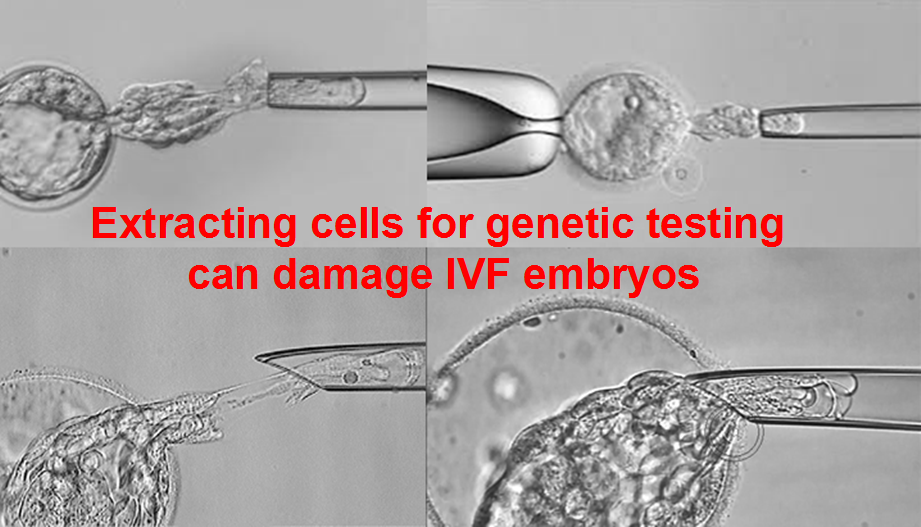Angelica Cheng
Active Member
Here are some new video podcasts on egg donation in Singapore and Malaysia:

 communities.springernature.com
communities.springernature.com

 communities.springernature.com
communities.springernature.com

Egg Donation Singapore - Options and Choices
Various options for Singaporean IVF patients seeking egg donors are discussed, ranging from overseas egg donation, importing frozen donor eggs from abroad, engaging in secret payments or foreign agencies, and utilizing unused surplus frozen eggs donated from former elective egg freezing patients.

Egg Donation Malaysia - Exploitation of Foreign Patients
In recent years, Malaysia has become a popular destination for commercialized egg donation, particularly among ethnic Chinese patients from Singapore and China. However, due to egg donation being largely unregulated in Malaysia, both local egg donors and foreign IVF patients are often exploited.




